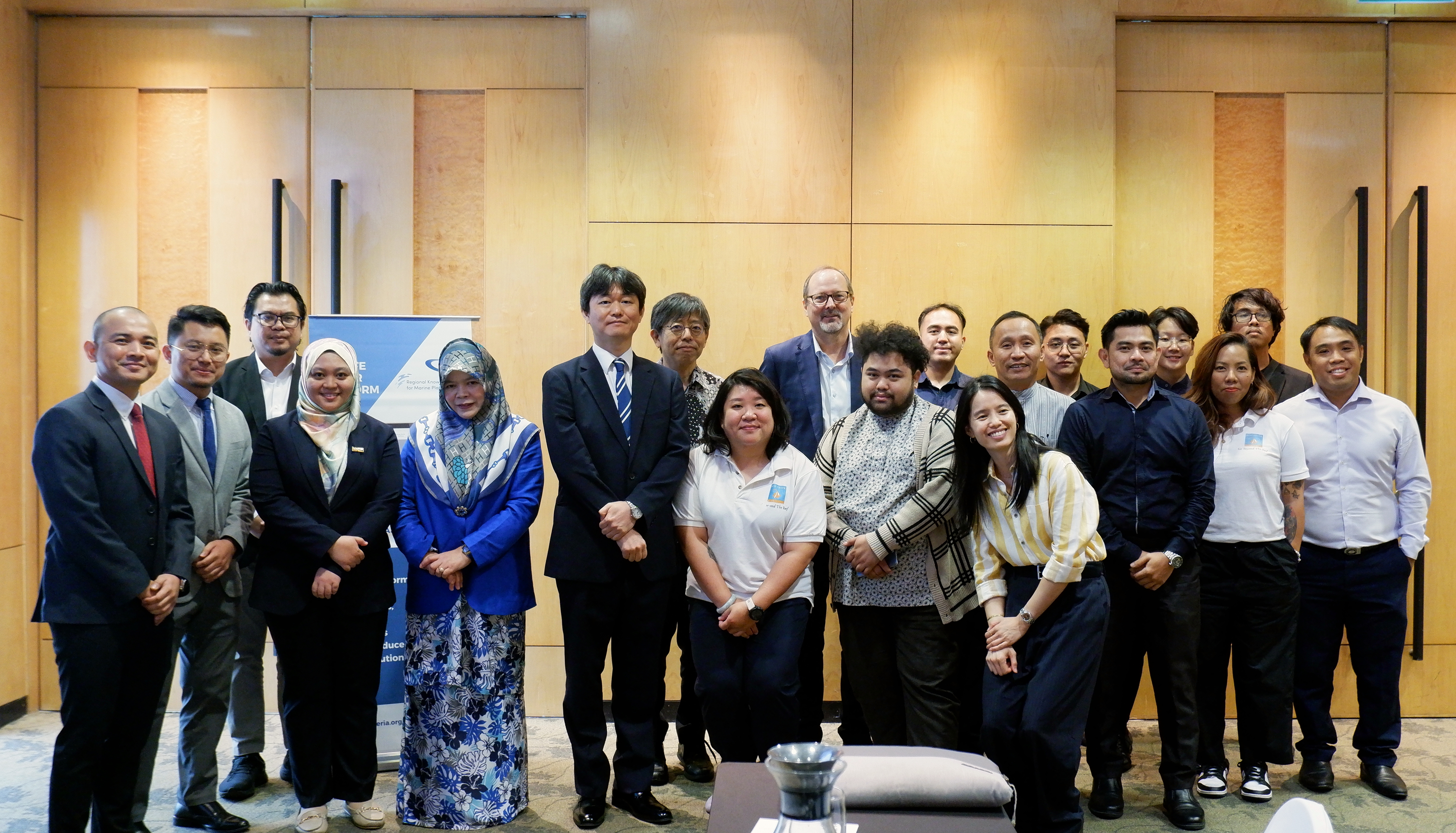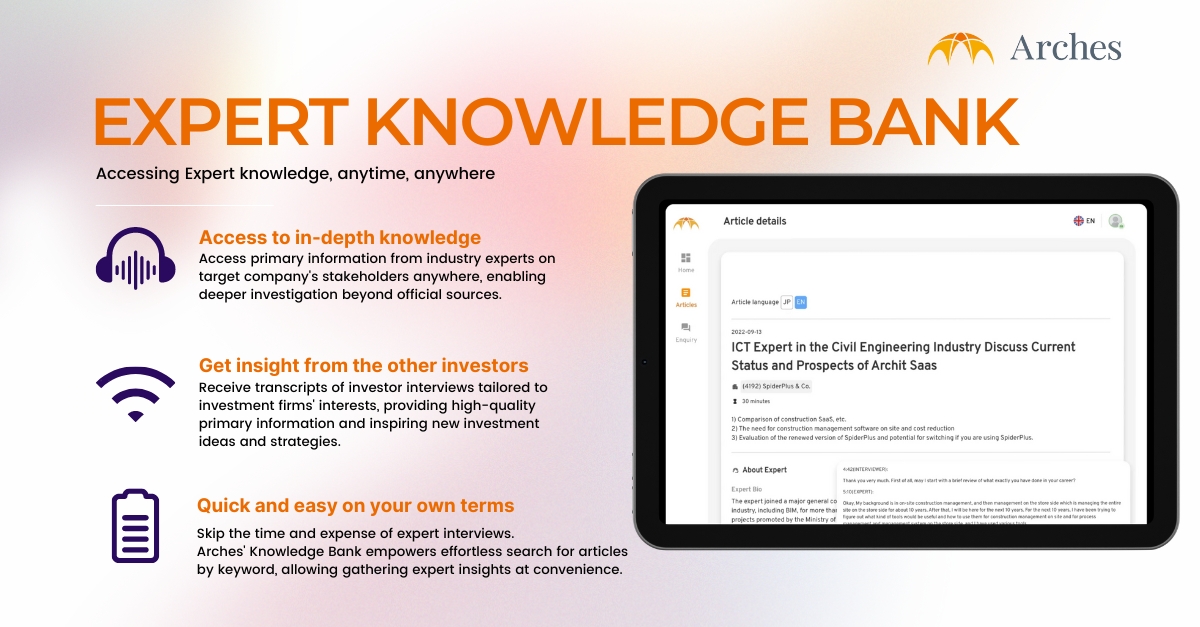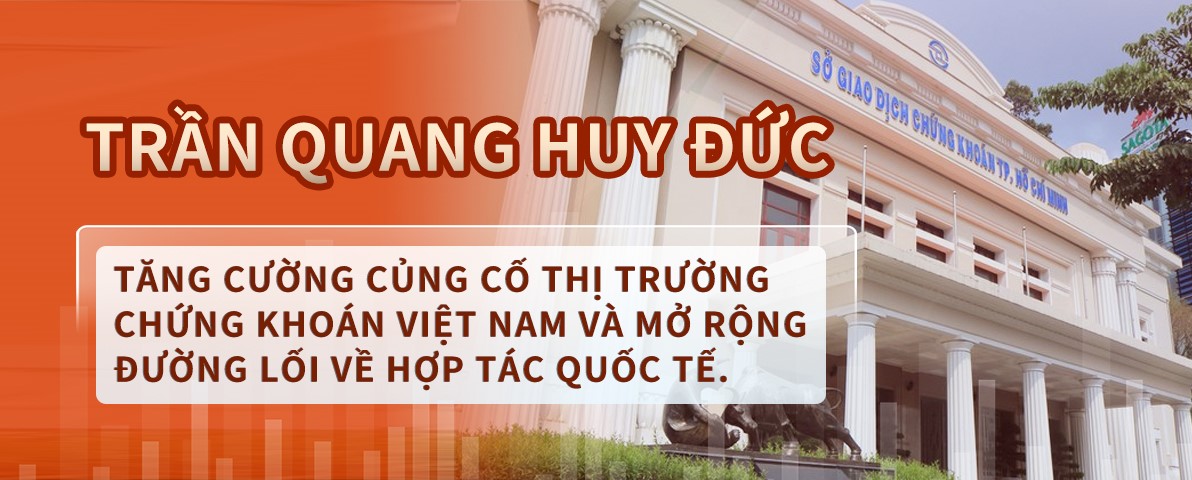ERIA’s Regional Knowledge Centre for Marine Plastic Debris, in collaboration with Brunei’s Department of Environment, Parks and Recreation and GIZ, Hosts Event Exploring Brunei’s Plastic Pollution Strategies and the Private Sector’s Role in Championing Plastic Circularity, organised as part of Brunei Darussalam’s World Environment Day event series.
ERIA’s
Regional Knowledge Centre for Marine Plastic Debris, in collaboration with
Brunei Darussalam’s Department of Environment, Parks and
Recreation and the GIZ, explored Brunei’s strategies to tackle plastic
pollution and the private sector’s role in championing plastic circularity.
Titled
“Private Sector Initiatives to Reduce Marine Plastics: Brunei’s Journey to
Plastic Sustainability: Hands-on Initiatives in Action,” the event, organised
as part of Brunei Darussalam’s World Environment Day event series, brought
together professionals from the public and private sectors, along with civil
society, to explore innovative solutions and best practices in addressing
plastic pollution. Over 108 attendees from the ASEAN region and beyond took
part in the event, actively participating in the Q&A session.
The
seminar began with the Director of the Regional Knowledge Centre, Mr Reo Kawamura emphasising the critical importance of
collaboration between governments, private companies, and academia to address
the global plastic pollution challenge and achieve peaceful coexistence with the natural environment. Ms Hajah Martinah Haji Tamit,
Director of Brunei Darussalam’s Department of Environment, Parks and
Recreation, outlined the challenges of plastic waste management and reaffirmed
Brunei’s commitment to tackling plastic pollution alongside other ASEAN member
states. She also highlighted Brunei’s active involvement in United Nations
negotiations to develop a global treaty on plastic pollution. Mr Phong Giang,
Advisor for GIZ 3RproMar and AMUSE programmes in ASEAN, detailed GIZ’s initiatives across
ASEAN countries, which include supporting government regulations, promoting
circular economy solutions, and engaging with the private sector on upcoming
global plastic treaties.
Mr
Michikazu Kojima, Senior Research Fellow on Environmental Issues at ERIA,
highlighted Asia’s plastic pollution crisis and underscored the need for a life
cycle approach. He emphasised the private sector’s role in developing
sustainable materials, designing reusable products, and improving waste
management systems. Mr Mims Sidi from Tebalik Plastik shared their goals to close the loop of plastics, by transforming plastic
waste into sustainable products, supporting a circular economy and aligning
with regional and global sustainability objectives. Ms Trish Lai of Kaimana
Brunei discussed the challenges of the refill business which
can contribute to reduction of packaging waste, for example, high
consumer spending abroad, a small local market, expensive shipping, lack of
manufacturing capacity, and the necessity of focusing on niche products with
anchor points. Ms Wendy Han from Precious Plastic Brunei highlighted
initiatives aimed at raising awareness and mobilising local communities against
plastic waste. She also showed how local communities can create a
plastic recycling facility on their own. Prof Scott Valentine provided insights into
how the lack of perceived value in plastic waste is a root cause and proposed
economic solutions like deposit schemes and plastic bag surcharges to
incentivise responsible plastic use and recycling. He also responded to a participant’s question as to
how to tackle the overwhelming plastic waste issue, by encouraging citizens to
support businesses like Tebalik Plastik, Kaimana, or Precious Plastic, and start contributing in a small way.
This seminar highlights the continuous involvement of
ERIA’s Regional Knowledge Centre for Marine Plastic Debris in tackling the
intricate challenges linked to marine plastic debris. By encouraging
collaboration and advancing innovative approaches, the Centre remains dedicated
to assisting and showcasing companies and organisations actively addressing
marine debris issues
List of Abbreviations
ERIA
(Economic Research Institute for ASEAN and East Asia)
ERIA is an international organization established
in Jakarta, Indonesia in 2008 by a formal agreement among Leaders of 16
countries in the East Asian region to conduct research activities and make
policy recommendations for further economic integration in the East Asia.
Department of Environment, Parks and Recreation
The formation of the Department of Environment,
Parks and Recreation under the Ministry of Development took effect in 2002.
Currently, the department handles matters pertaining to Waste Management,
Environmental Conservation and Management, Management of Landscape and
Recreational Areas and also Environmental Cooperation at National, Bilateral
and International level.
GIZ
The Deutsche Gesellschaft für Internationale
Zusammenarbeit (GIZ) GmbH or GIZ is the main German Government development
agency with headquarter in Bonn and Eschborn and provides services in the field
of international development cooperation and international education work. The
main commissioning party is Germany’s Federal Ministry for Economic Cooperation
and Development (BMZ)
GIZ 3RproMar Programme
Reduce, Reuse, Recycle to Protect the Marine
Environment and Coral Reefs (3RproMar) is a GIZ project (2020-2025) is an
ASEAN-German cooperation project implemented by GIZ in coordination with the
ASEAN Secretariat.
GIZ AMUSE
ASEAN Municipal Solid Waste Management
Enhancement (AMUSE) is implemented by GIZ (2022 -2025), having its objective to
improve environmental quality in small and medium-sized cities in the ASEAN
region by optimising waste disposal and recycling.
Provided by VRITIMES




Comments